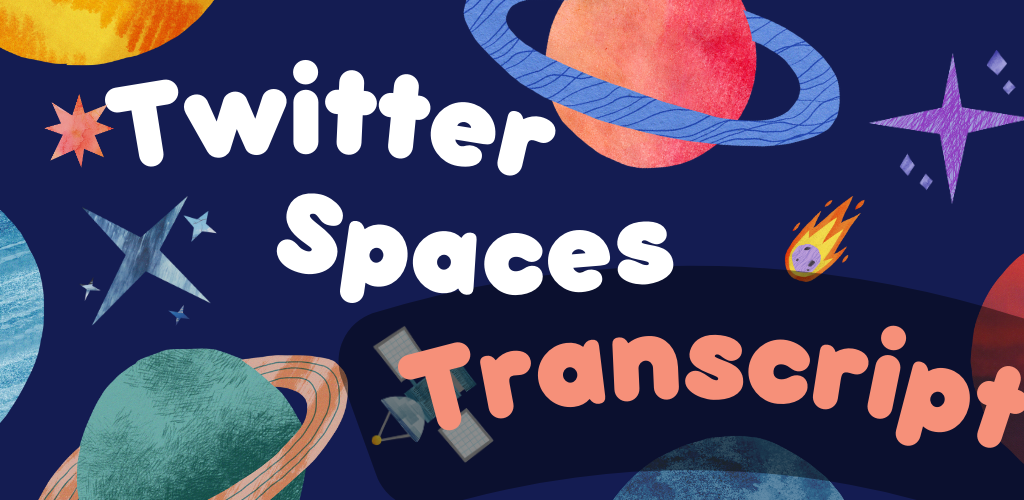See all Onali McDermott transcripts on Twitterspaces

High Performers Space #3 The foundation of a high performer
1 hours 26 minutes 31 seconds
🇬🇧 English
Summaries Topics Transcript Chapters Titles Socials Twitter Blog Post Newsletter Quotes Quizzes Ask ChatGPT

Omnivision Solutions Ltd